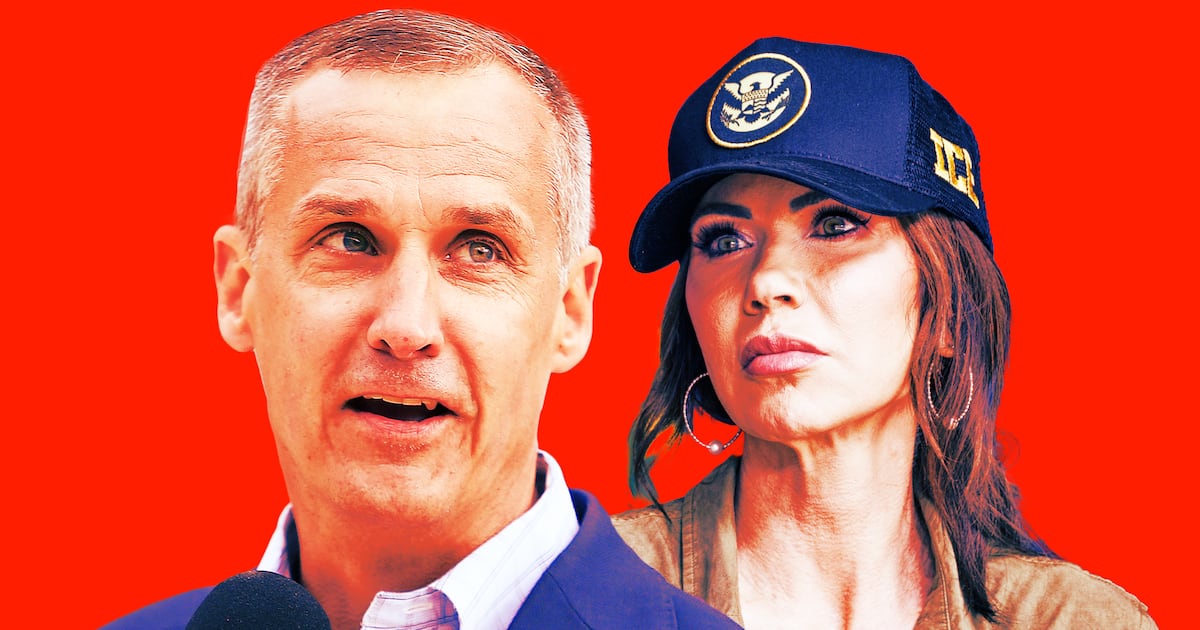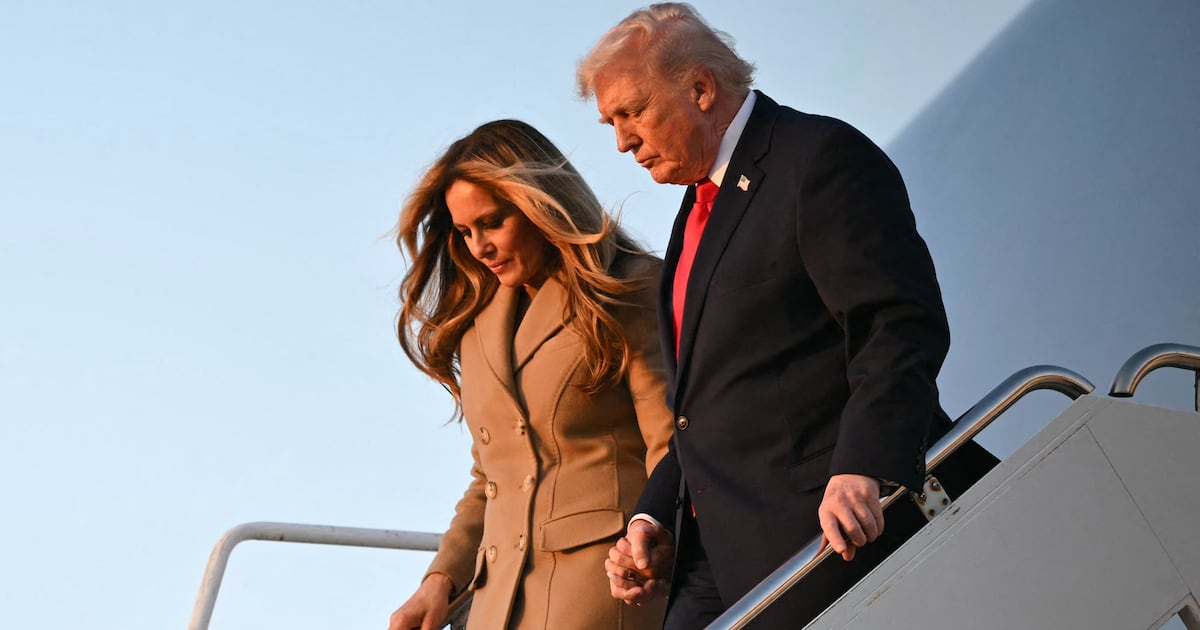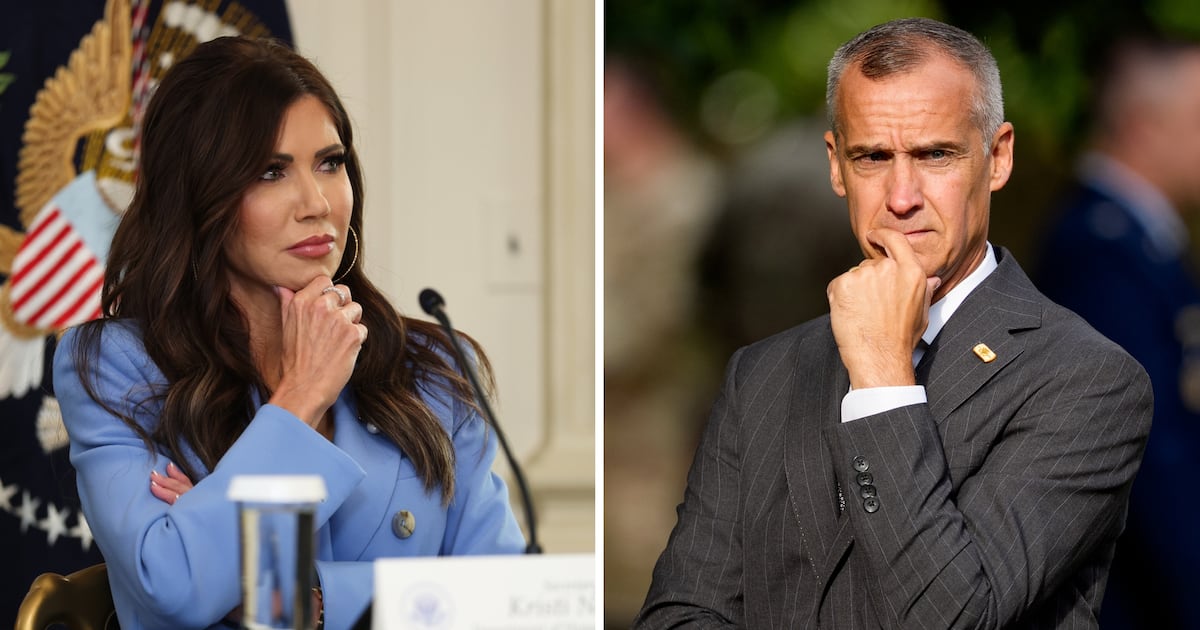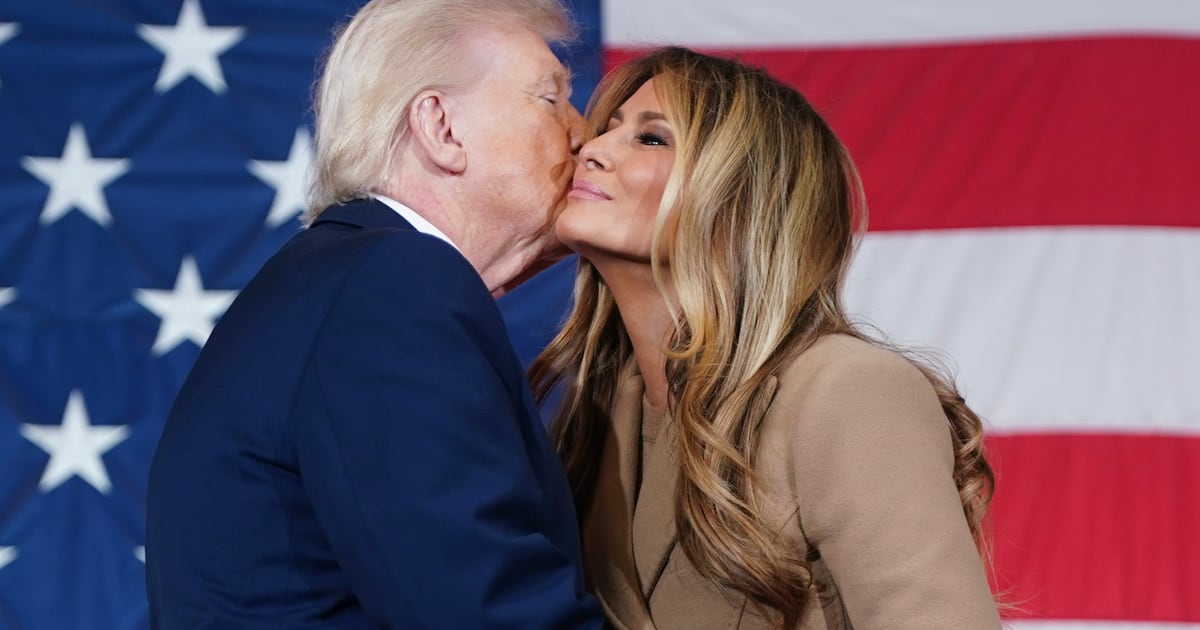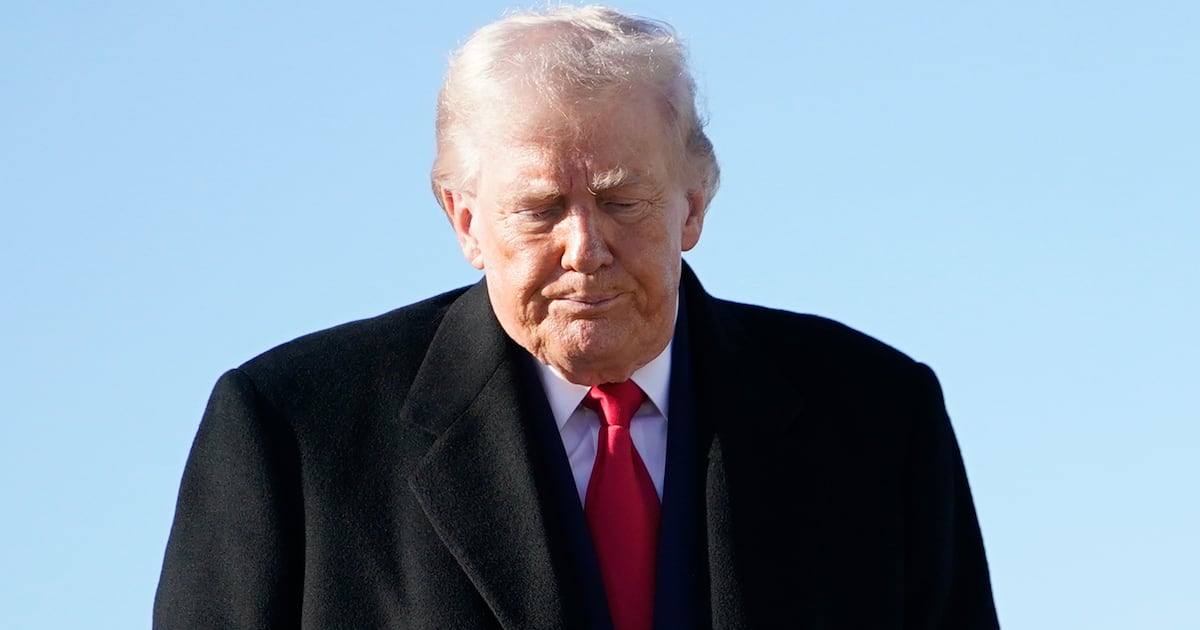Global policy development at the World Series of Poker? It may sound absurd at first flush, but politics and poker have a lot more than just bluffing in common. And if last week’s WSOP Little One for One Drop tournament was any indication, politicians of all suits could learn a stack about moral leadership from the pros at the green felt.

The second largest competition at the 44th Annual World Series of Poker (behind only the celebrated Main Event, which lunges toward its final table of nine this weekend), Little One for One Drop is one part cut-throat competition, the other, charity fundraiser. Eleven percent of all event proceeds benefit One Drop, a nonprofit created in 2007 by Cirque du Soleil founder (and high-stakes poker player) Guy Laliberté with the mission of providing clean water accessibility to some of the globe’s most arid and polluted regions.
Last week’s event served as a lower-budget sequel to last year’s poker-world-shaking coming-out party for the One Drop/WSOP alliance: the Big One for One Drop tournament featured a record $1 million buy-in; wall-to-wall fast-paced ESPN coverage; and history’s single largest poker payday, with über-charismatic professional Antonio “The Magician” Esfandiari taking home more than $18 million.
The event buy-ins, plus a coordinated WSOP effort to urge all of its winners to donate at least 1 percent of their earnings to One Drop, have netted the charity more than $7 million in the past 13 months. Moreover, says Alexandre Meunier, One Drop’s director for philanthropic development, the widely publicized tournaments and the high-profile volunteer efforts of poker pros such as Esfandiari—who led missions to Honduras and El Salvador, planting trees, helping to install rain capture and drip irrigation systems, and even performing magic tricks for the communities’ children—help “bring public attention to the global scarcity of water, [encouraging] people to go to their political leaders and demand change.”
The marriage of political advocacy and poker wouldn’t surprise close observers of both; indeed, the two zero-sum games are really two sides of the same chip. As esteemed political prognosticator and poker savant Nate Silver told me, “politics and poker share the feature of being both very prosaic and very poetic”: Building your chip stack by grinding with careful mathematical calculations is akin to developing a sound get-out-the-vote effort through micro-targeted polling and door-to-door canvassing; riding an electric run of great cards and lucky flops is as thrilling as being uplifted by a gifted political orator. Of course, Silver—who poetically surged to near the top of the of the leaderboard on Day 1 of the Little One event, only to meet a prosaic bustout on Day 2—concedes that poker is the “more refreshing” of the two contests: “It’s pure, undistilled competition, with no intrigue, no B.S.”
There’s also no disputing that the two games require similar skill sets. A career in politics could in fact prepare someone quite well for a life at the poker table. Consider:
• Serving up fiery, red-meat orations at partisan rallies or stump-speaking amid hostile, heckling crowds at open events can help a poker player perfect the art of projecting confidence… or alternatively, vulnerability… and shape a poker face to confuse opponents as to the strength of any particular hand.
• Retail campaigning—the hand-shaking, back-slapping, and baby-kissing—enabling someone to observe, listen to, and really understand people, can be employed powerfully in a game in which you have to read the strength of your opponents’ hands by their facial expressions and body language.
• Late-night, smoke-filled, back-room, legislative negotiations—tests of endurance and concentration—provide invaluable practice for sitting long hours at tables with adversaries who’d say or do anything to provoke you or otherwise knock you off your calculated strategy.
• Waiting out filibuster blockades, partisan stall tactics, and special-interest foot-dragging—to win even the smallest of policy victories—can equip anyone with the resolve to withstand days of numbing boredom at the poker table, and to resist all temptations to take risky gambits that could send the player to the rail.
But what’s perhaps more clear from observing the World Series of Poker is how much today’s politicians could learn from the celebrated card game.
Poker legend T.J. Cloutier, whose book Championship No Limit and Pot Limit Hold ’Em taught a generation how to play the game (including this recovering politician), believes that many politicians could pick up a lot about adversity—and how to transcend it—at the card table: “Poker players have to deal with a lot of difficult, high-pressure situations, just like politicians,” Cloutier remarks. “But the most successful poker champions are able to shrug off bad beats. That’s not something you see too often in politics.”
Jim Fannin, a mental-performance coach who’s counseled many of the best poker players in the world (as well as hundreds of sports stars and Fortune 500 CEOs), says his core poker advice is equally applicable in the arena: “Politicians are too easily swayed, too easily influenced by special interests and lobbyists… there’s just way too much cluttering their minds. I’d advise them [like my poker clients] to clear their mind of everything, and let intuition take over. Intuition has real-time information that the conscious mind does not process. When you do what your intuition tells you is right for your constituents, your country… your political success will be uncanny.”
And perhaps the best tricks come from The Magician himself, Big One champion Esfandiari, who told me that he revels in the camaraderie among the most talented professionals, who leave their battles at the table, in contrast to the politics as usual in hyper-partisan Washington: “Unlike most politicians, we’re not always putting our personal interests above the people in the world… We just get good things done.”
Could the World Series of Poker emerge as a personal-grudge-drained, No Labels-style model for post-partisan politics? Perhaps not. But if a few more politicos took the mental strategies and compassionate approach modeled by the world’s leading card sharps, the promise of clean-water accessibility promoted by One Drop could be just the tip of our melting icebergs.


